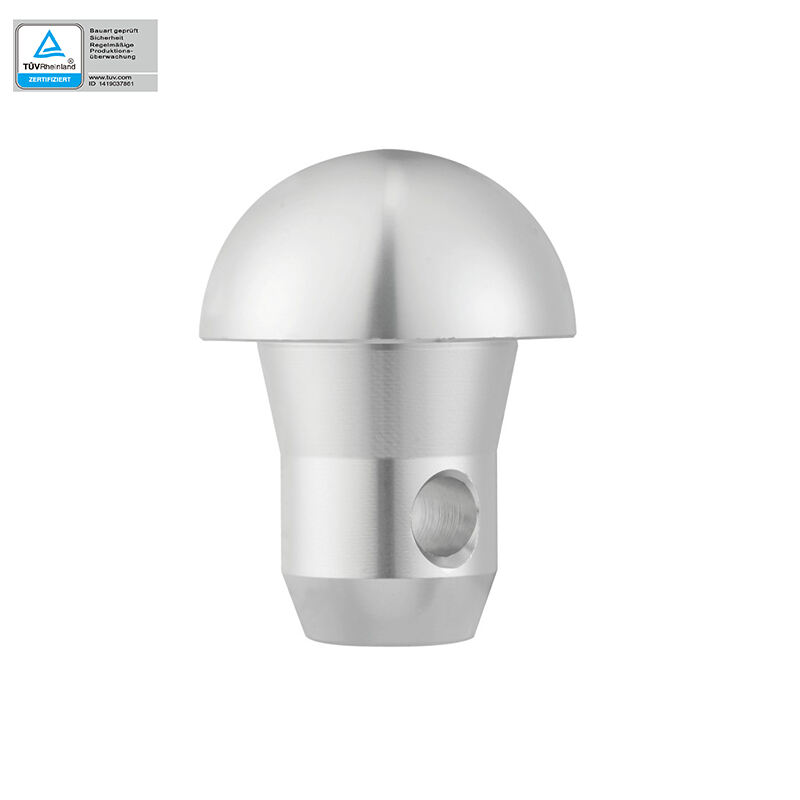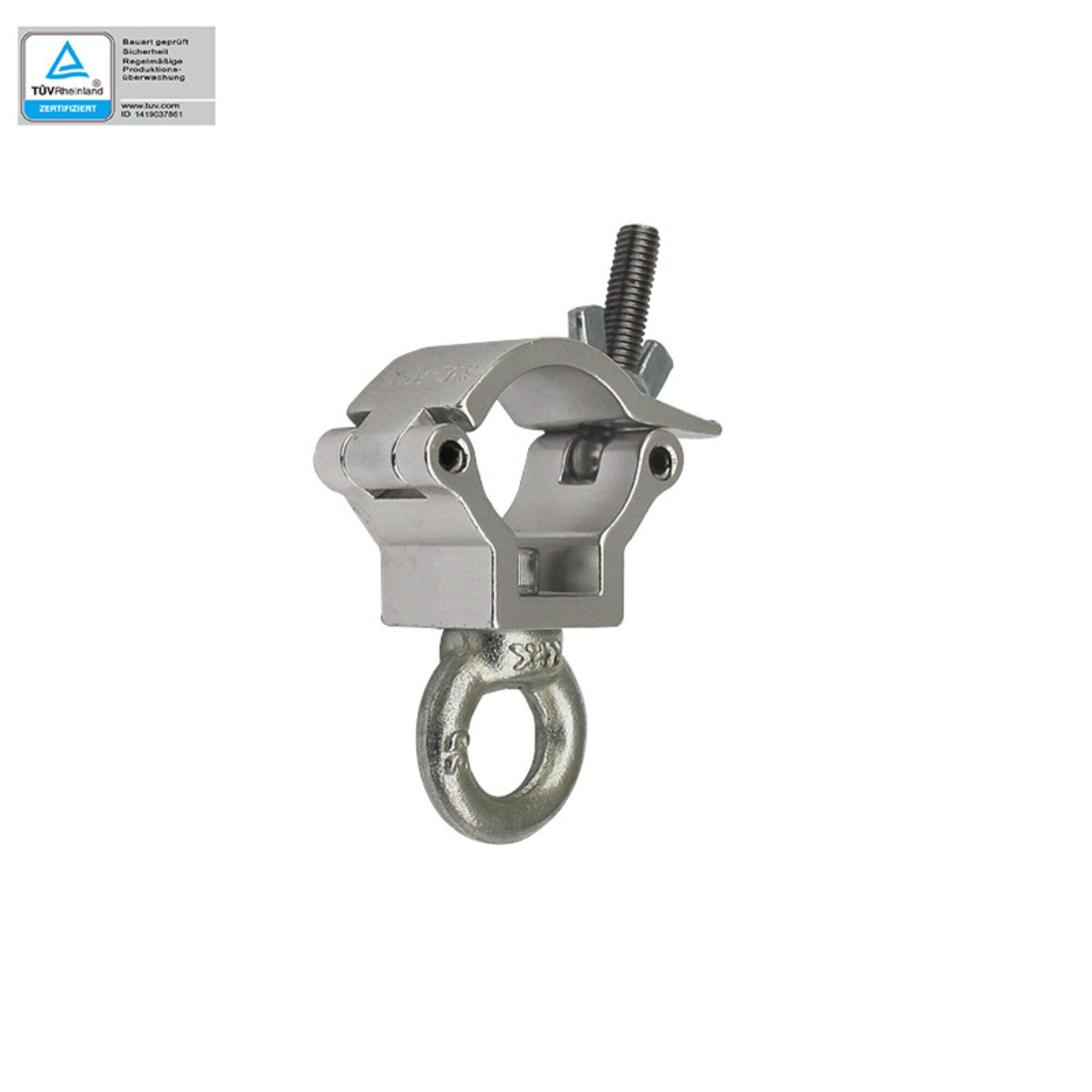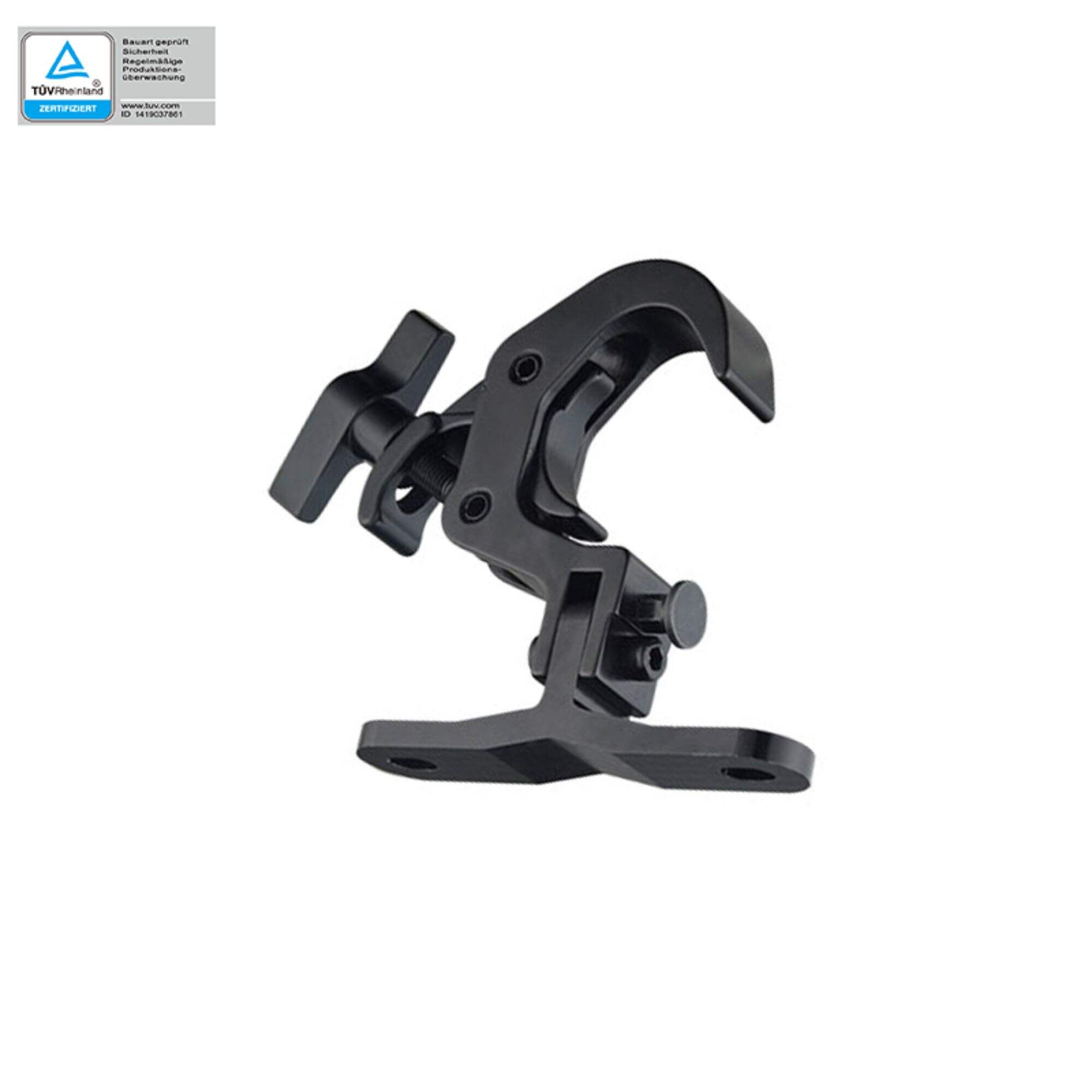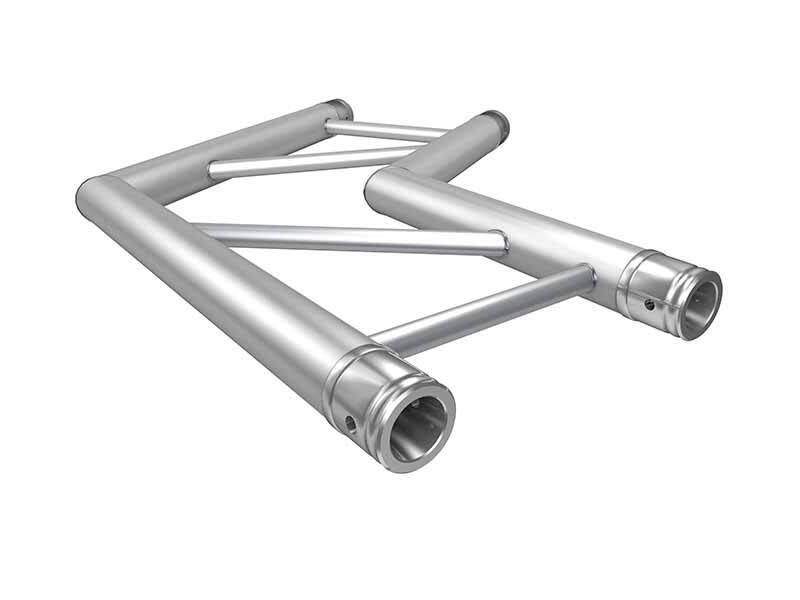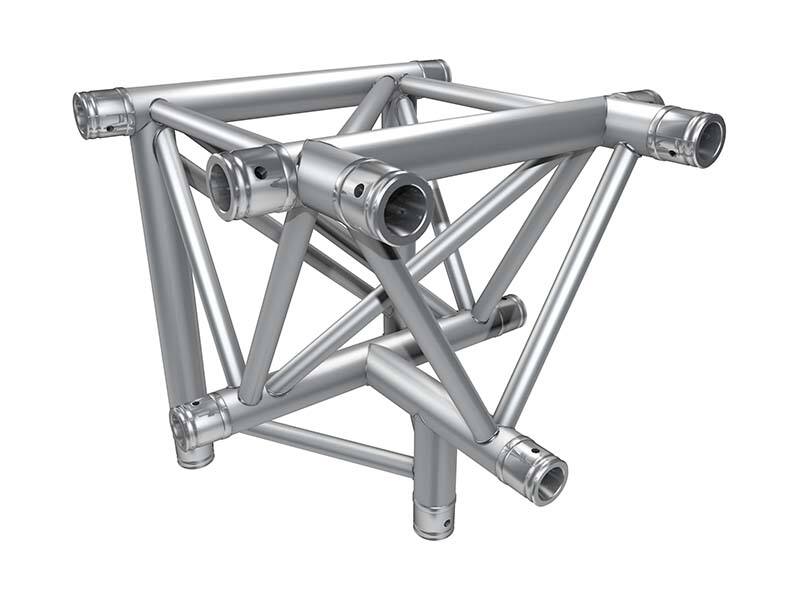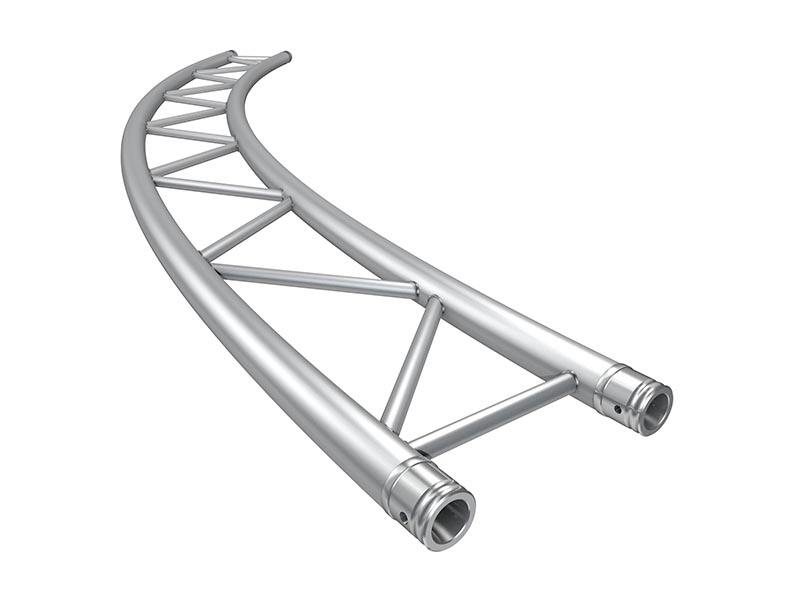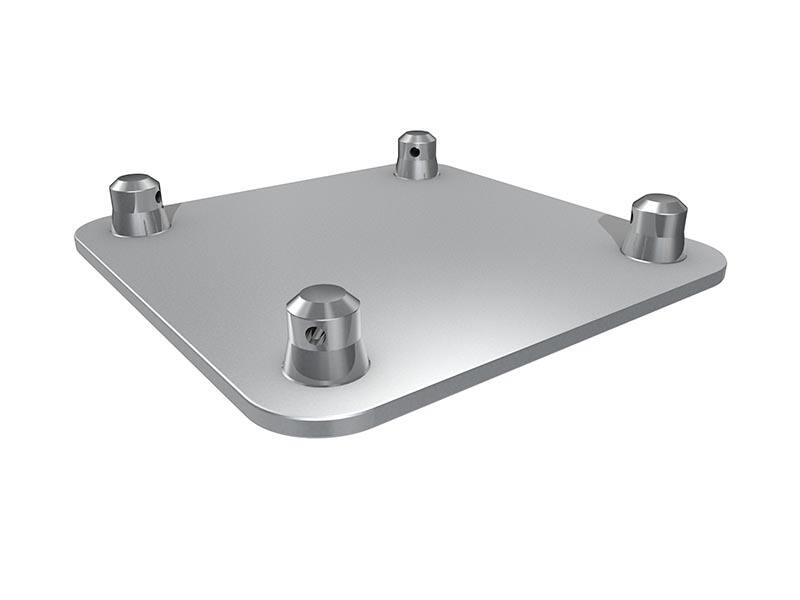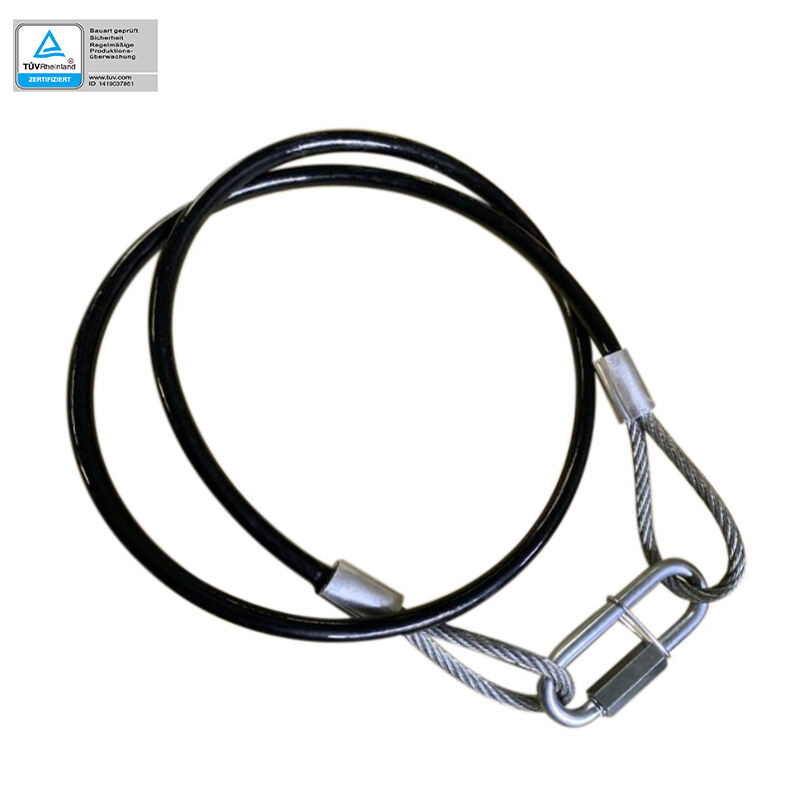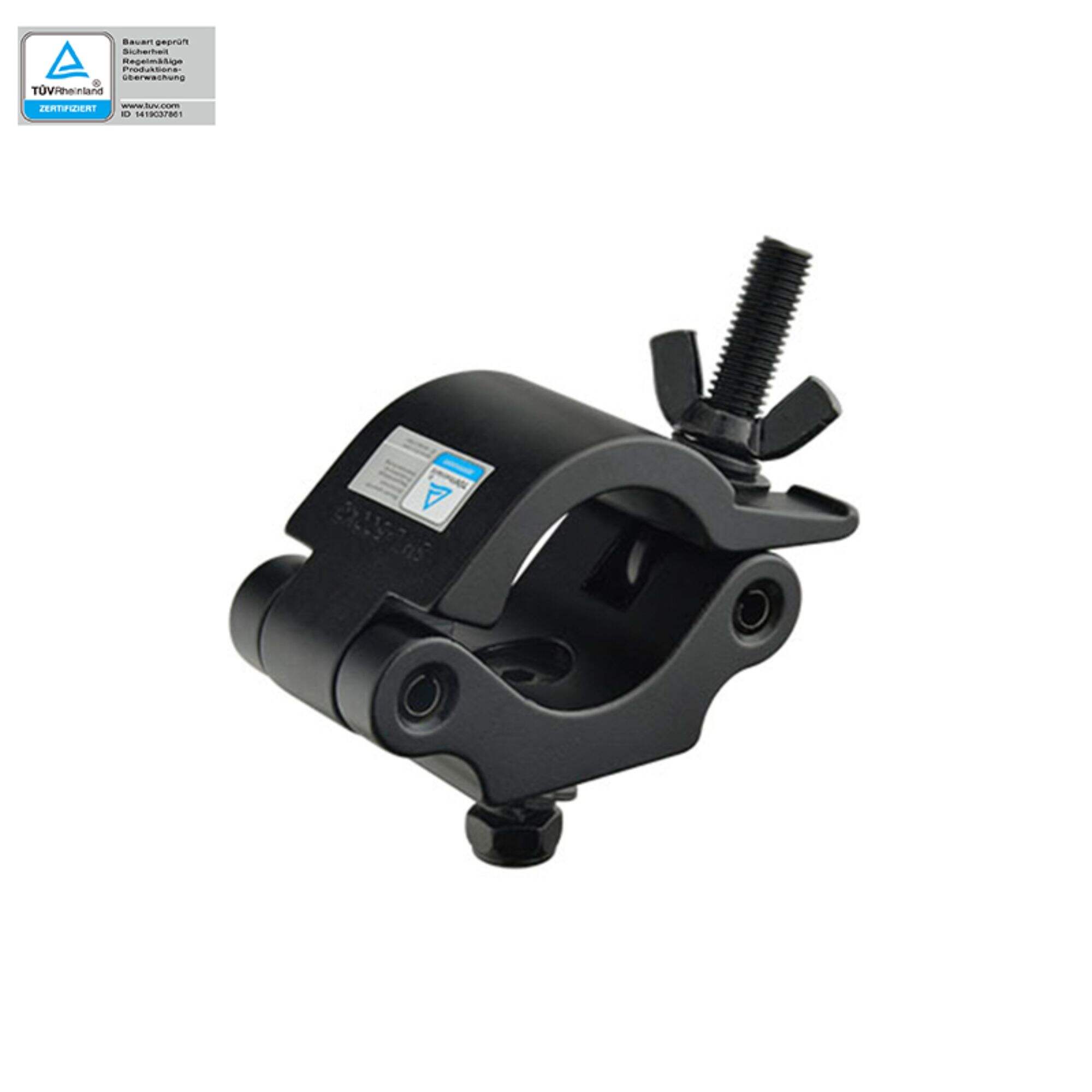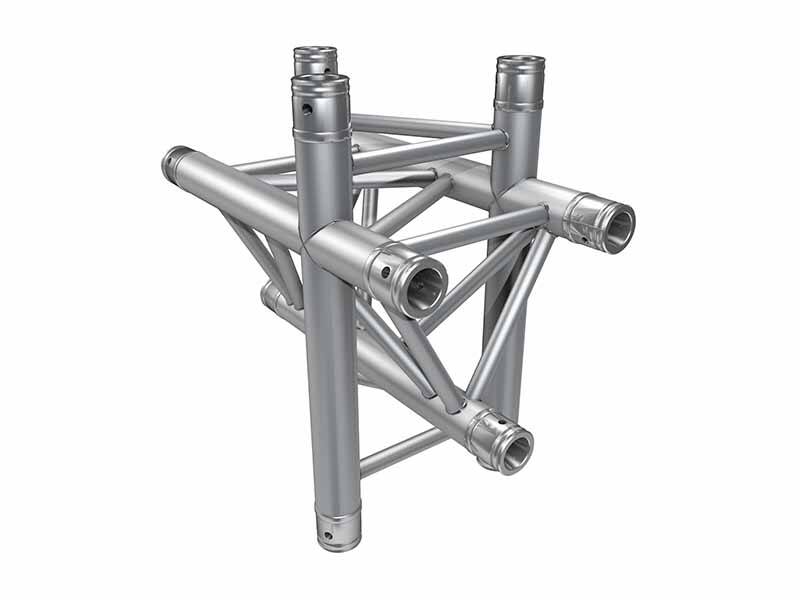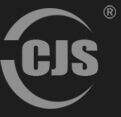Maintenance and care of stage equipment
How to Maintain Stage Equipment: An Overview
Getting why regular maintenance matters helps keep stage gear going longer than it otherwise would. Most technicians know that scheduled inspections plus some basic preventive work form the backbone of any good maintenance plan. When someone takes time to look at things like base plates, those little lighting clamps, and all those aluminum trusses, problems tend to show up early before becoming major headaches. The result? Equipment runs smoother for much longer periods between replacements. Cleaning those truss clamps and running through test setups on aluminum stages isn't just about looking nice either. Dust buildup actually weakens connections over time, so keeping everything clean maintains both appearance and strength. This makes all the difference when hundreds of people are standing under those lights waiting for the show to start.
When maintenance gets ignored, things tend to go south pretty quickly. Equipment breaks down, repair bills pile up, and worst of all, there are safety problems during shows. Take those lighting rigs or sound systems for instance they just stop working when least expected, which means interruptions mid-performance. The bottom line is that skipping regular upkeep often leads to having to replace big parts instead of fixing small issues early on. Safety matters too. Faulty gear puts everyone at risk performers included. We've seen crews get hurt because something gave way unexpectedly. That's why most experienced production managers stick to regular maintenance schedules. It keeps equipment running longer and protects the whole team from potential dangers. A few extra hours spent checking everything works properly saves countless headaches later.
Best Practices for Stage Equipment Maintenance
Routine checks and inspections are essential for effective stage equipment maintenance. Scheduling these checks on a monthly or quarterly basis ensures that every piece of equipment remains functional and safe. Creating and maintaining a comprehensive checklist can dramatically enhance the reliability and longevity of your stage setup.
Proper cleaning techniques are crucial, particularly for stage lighting. Cleaning solutions should be selected carefully to avoid damaging the lenses and fixtures. Using specialized solutions prevents residue buildup that would otherwise diminish lighting efficiency. Microfiber cloths are recommended for wiping to avoid scratches on delicate surfaces.
Keeping those mechanical bits running right, especially truss clamps, makes all the difference when things need to go smoothly during events. What do we actually check? Lubricate those moving joints, give bolts an extra tighten now and then, and keep an eye out for any worn spots or corrosion. When everything stays in good shape, setups stay stable without unexpected wobbles or failures. Regular care means gear lasts longer before needing replacement, plus it cuts down on those annoying mid-event hiccups that nobody wants. Stage crews who stick to this routine find their equipment performs consistently night after night, which matters a lot when there's no room for error in front of an audience.
Essential Tools for Equipment Maintenance
For efficient equipment maintenance, a well-stocked toolkit is crucial. A basic toolkit should include screwdrivers, pliers, and wrenches to accommodate different sizes of equipment, such as base plates and lighting clamps. These tools are essential for performing general maintenance tasks, making adjustments, and ensuring everything is securely fastened.
Getting the right cleaning stuff matters a lot for keeping stage gear in good shape over time. Most folks swear by isopropyl alcohol for general cleaning jobs, especially around lights and controls. There are also special gels made specifically for lighting equipment that do a great job at lifting away dust and grime without messing up sensitive parts. Don't go crazy with harsh chemicals though. Stick to mild cleaners when working near lenses or glass components to avoid scratches and rust spots. Good maintenance means longer life for all those expensive fixtures and moving parts we rely on night after night.
Tips for Managing Stage Lighting Maintenance
Checking aluminum truss systems and their clamps regularly keeps stage lighting safe and working properly. Look closely at each piece for rust spots or damage from constant use since these parts hold everything together safely. A loose connection can cause serious problems, so make sure every clamp fits tightly when setting up equipment. This matters most during live shows when unexpected movement might happen. Many technicians have seen accidents caused by neglected hardware, which makes routine checks absolutely necessary before any performance.
Cleaning lighting fixtures requires attention to detail. First thing's first, take apart the fixture so those hard-to-reach glass sections and metal components can actually get cleaned. Most folks skip this step and end up missing spots. Always grab cleaners made specifically for either glass or metal surfaces. Generic household cleaners might seem convenient but they'll fog up the glass or eat away at metal finishes over time. We've seen plenty of cases where improper cleaning caused bulbs to flicker or even fail completely. Stick to manufacturer recommended products and follow instructions carefully. Doing things right now saves money later on replacement costs while keeping lights working safely and efficiently for years down the road.
Safety Considerations in Equipment Care
Safety when caring for equipment starts with doing proper electrical checks before events get underway. All the gear matters here lighting setups, those aluminum trusses we stack so high, even those little truss clamps need to be grounded right to stop anyone from getting shocked. A recent look at event safety data shows that bad grounding causes way more problems than most people realize. We've seen this happen at several shows where someone got zapped because something wasn't connected properly. That's why regular inspections matter so much they catch issues before they become big headaches. Just last month, our team found a faulty connection during routine maintenance that could have caused major damage if left unchecked.
Good handling and proper storage matter a lot for keeping things safe around here. Label everything clearly and keep gear organized so we don't end up damaging stuff accidentally. Base plates need their own spot, same with those heavy duty lighting clamps everyone forgets about until showtime. When we actually take the time to sort through all this equipment, it cuts down on mistakes and keeps the workspace free from hazards. The way we store our gear makes a big difference too. Stuff lasts longer when stored right, which means fewer replacements needed over time. That saves money in the long run and ensures everything works smoothly when putting on an event.
Maintaining Specific Equipment Types
Keeping stage lights in good shape makes all the difference for how they perform and how long they last. The first thing to check? Make sure those bulbs are properly seated in their sockets and not collecting dust inside the fixtures. Dust buildup really messes with the light output quality over time. Old or broken bulbs need replacing regularly too. Nobody wants dim spots or total failures during a show when everything's on stage. That's why most theaters schedule regular bulb checks between productions. When doing these routine inspections, technicians also look at the wiring and connections carefully. Electrical problems can be dangerous and expensive if left unchecked, so catching issues early saves headaches down the road.
Looking after aluminum stage trusses through regular inspection and cleaning should be part of every stage technician's routine. Check those trusses often for any bends or cracks that might appear over time these small issues can turn into big safety problems if ignored. The joints need special attention too dirt and grime build up there really messes with how components connect properly. Don't forget about lubricating all the moving parts during maintenance sessions either. A little oil goes a long way in preventing catastrophic failures mid-show when hundreds of people are watching. These basic maintenance steps not only keep the framework intact but actually save money on replacements while making sure audiences stay safe throughout performances.
Troubleshooting Common Stage Equipment Issues
Troubleshooting stage gear starts with looking at the lights first. Check those connections because loose wires are usually behind flickering or dead spots on stage. Make sure everything is plugged in properly before moving forward. Testing bulbs should be part of routine maintenance too since burned out lamps happen more than we'd like to admit. Don't forget about possible electrical problems either they cause headaches more times than not. Keeping some sort of record works wonders for spotting trends over time. When certain issues keep popping up in different locations, it tells us there might be something bigger going on with the whole system rather than just random failures here and there.
When something breaks down with regular equipment, checking the manufacturer's manual is usually the best place to start for figuring out what went wrong. Most basic fixes like swapping out burned out bulbs or just giving those loose connections a good tighten can typically be handled right there on site following what the manual says. But when faced with bigger headaches like electrical problems running through the wiring or serious structural issues with stuff like aluminum trusses, calling in pros becomes pretty much mandatory. Getting help from qualified technicians isn't just about doing things right according to some standard book - it actually keeps everyone safe during setup and operation while making sure whatever gets fixed stays solid enough for all those shows and events where reliability counts most.
Recommended Products
Hot News
-
The Application Scenarios Of Lighting Hooks And Trusses
2023-12-14
-
Market Analysis Of Lighting Hooks And Trusses
2023-12-14
-
The Essence Of Lighting Hooks And Trusses
2023-12-14
-
An In-Depth Look At Lamp Hooks And Truss Products
2023-12-14
-
Light Hooks And Truss Products: A Niche But Vital Industry
2023-12-14

 EN
EN
 AR
AR
 BG
BG
 HR
HR
 CS
CS
 DA
DA
 NL
NL
 FI
FI
 FR
FR
 DE
DE
 EL
EL
 HI
HI
 IT
IT
 JA
JA
 KO
KO
 NO
NO
 PL
PL
 PT
PT
 RO
RO
 RU
RU
 ES
ES
 SV
SV
 TL
TL
 ID
ID
 LT
LT
 SK
SK
 UK
UK
 VI
VI
 SQ
SQ
 GL
GL
 HU
HU
 TH
TH
 TR
TR
 FA
FA
 MS
MS
 GA
GA
 IS
IS
 MK
MK
 EU
EU
 KA
KA
